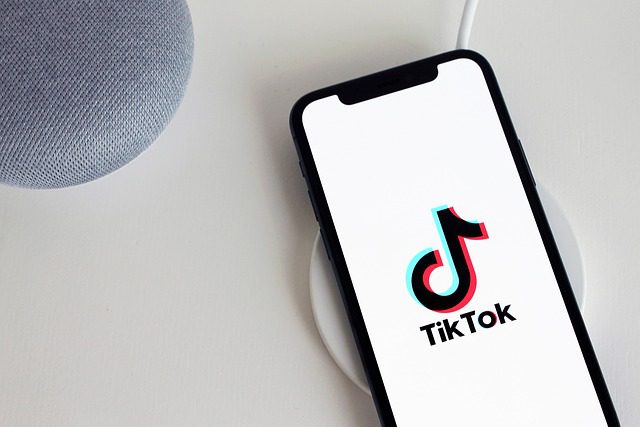
After previously expressing a desire to keep TikTok in the U.S. market, newly elected U.S. President Donald Trump recently submitted a document through his attorney to the Supreme Court, outlining his hope to resolve the issue of TikTok’s operations in the United States through political means in the future.
The TikTok ban is set to take effect on January 19, 2025. Although this date precedes Trump’s official inauguration as the 47th President of the United States by just one day, it is clear that Trump aims to secure more time for negotiations, ensuring that TikTok can continue operating within the United States.
During his first presidential campaign in 2020, Trump advocated for banning TikTok in the U.S., but he revised his stance during his second campaign, arguing that such a ban would drive more users to Facebook’s services.
Moreover, during his campaign, Trump leveraged TikTok as a promotional tool, with videos uploaded to the platform amassing billions of views. Reports suggest that Trump even met with TikTok CEO Shou Zi Chew, describing the platform as “heartwarming” and expressing the view that it should be preserved for some time.
The U.S. government currently demands that ByteDance divest TikTok’s U.S. operations or face a nationwide ban on the app. ByteDance, in turn, has filed a lawsuit claiming this action violates constitutional rights. However, the appellate court ruled that the U.S. government’s actions did not breach constitutional law. Subsequently, ByteDance filed an emergency petition with a federal court to delay the enforcement of the order to divest TikTok’s U.S. operations, but this request was denied.
The U.S. Supreme Court has recently agreed to revisit discussions on whether TikTok should be banned. A debate is scheduled for January 10, 2025, with a final ruling expected on January 19 of the same year.
Related Posts:
- TikTok Hit by Zero-Day Attack: High-Profile Accounts Compromised
- White House prohibits employees from using personal cell phones at work